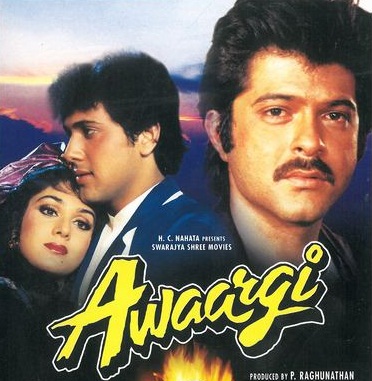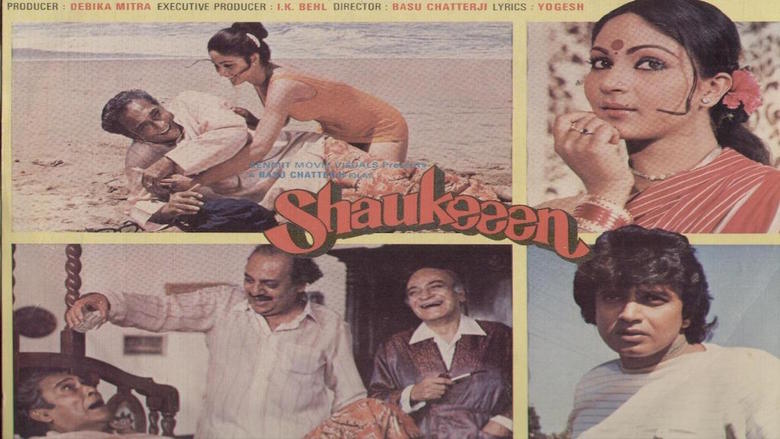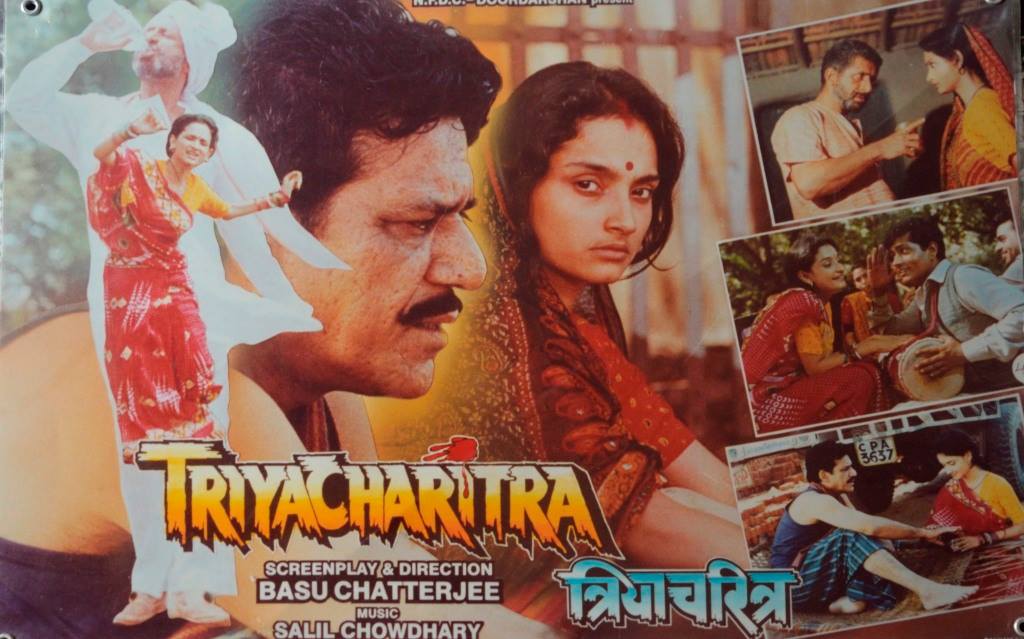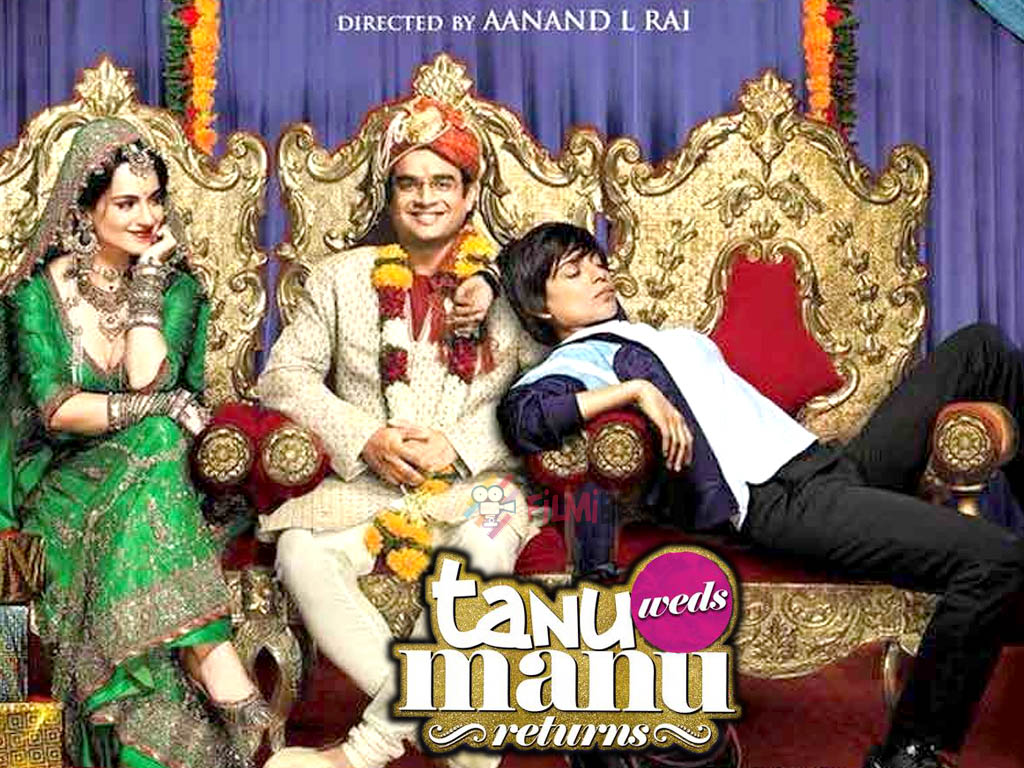Ah! Delhi Belly is realistic, yes, and how! Realism gone to stinking, sick pigs. That’s Delhi Belly’s variety of it, if it was realism that the director actually wished to serve us with.
Funny? Yes, if you can laugh at semi-solid human excreta spread over a velvet cloth like jelly, the regular roadside abuses splashed around like monsoon rain and the mock threat of turning testicles into earrings.
And if you think it is a little too gross, well, you are sane and possibly are an old-fashioned, prudish puritan like me. Delhi Belly has actually been a commercial success by and large, which says a great deal about where we are headed.
It’s not my concern as to where we, as people, are headed because it’s better that we learn our own lessons from personal experience like all kids do. Lessons learnt by burning one’s own fingers last longer in the memory, often forever.
Must not real life be portrayed as it is? Yes, that’s what realism is about, but movies are not documentaries. ‘The world as it is’ is not and cannot be their central dictum. Representing reality in art is more about what is communicated by implication rather than by express representation.
 The cover of ‘realism’ cannot be used to hide bad taste, and shocking obscenities are not entertainment. If ‘realism’ together with the excuse of ‘A’ Certificate is allowed, we could be justifying the multiplex screening of full blown pornos next. The private party thus goes public in the name of realism operating under creative license without there being a shred of creativity involved.
The cover of ‘realism’ cannot be used to hide bad taste, and shocking obscenities are not entertainment. If ‘realism’ together with the excuse of ‘A’ Certificate is allowed, we could be justifying the multiplex screening of full blown pornos next. The private party thus goes public in the name of realism operating under creative license without there being a shred of creativity involved.
And who is DK Bose? Fictitious name like Munni and Sheila? Granted. Where is the fictitious people whom that name refers to? Sheila and Munni are dancing, and we can see them dance. Where do we see DK Bose running? I couldn’t spot him despite my best efforts.
The fact is that it’s just a crude Hindi expletive split into two benign parts for the sole purpose of defending it when the need be by ‘blaming’ the meaning on the interpreter. It’s the you-dirty-mind defense tactic that adolescent boys use all the time with their double meaning statements. The curious thing about such statements is that if they do not have the offending meaning, they have none significant. Therefore, the offensive meaning is the essential import. Same goes for DK Bose, for a plain advice to flee directed to nobody in particular makes no sense in the context of the movie, but saddle the offensive meaning into the general foul-mouth atmosphere of the movie, and it fits in perfectly well.
So, the tongue-in-cheek innocence feigned by the makers of the film is quite disgusting and the failure of the Censor Board to nip it smacks of incompetence, carelessness and indifference mixed in loathsome proportions. I wonder why Censor Board should not be penalized for negligence and failure to perform its duty under the law.
The movie opens in a dingy and visually stinking living room with the three roommates sprawled on different ‘arrangements’ that serve for beds.
Before you encounter the first human face or voice, you find yourself staring at a ‘smiling’ human bottom — the fat, wobbly kind — peeking through the top of the shorts that are — if you permit a little exaggeration — almost half way on their way down while the massive human hippo snores turned away like his other two friends.
The next thing one hears is the sound of water cruising through the pipes and meeting the rude welcome of the cold floor next to the bucket arousing a expletive-peppered friendly exchange in the ‘sleeping-area-cum-living-space’ from under the covers as to whose turn it is to get the bucket under the tap. They argue about turn and responsibility inconclusively in a tri-logue generously sprinkled with crass abuses, and the bucket never gets filled. Things get further complicated when the fat one has gets his stomach up, and, seated relieved on the commode, realizes that the bucket is empty! And we Indians, being environment friendly by culture, have no use for toilet paper. What now? Orange juice. So, the ‘smiling bottom’ gets sticky from repeated application of orange juice.
 And then, there is this mixing of packages where diamonds get mixed up with stool sample. The gangster comes to retrieve his diamonds, and by some bizarre turn of events, the hero conveniently slips out of love with his girlfriend without a heartbreak justifying it, and smoothly slides into love with a separated woman of a trigger-happy, ‘almost divorced’ husband. And, again, we have no inkling of the ‘budding love’ until the bizarre kiss at the end with the boy’s lips plastered on the girl’s, the better half of his body hanging out of the backing car’s driver-side window and the girl in the driving seat reversing the car by sheer grace of god in an astounding display of incredible multitasking. I am not sure how realistic is this unrealistically passionate gush of inexplicable emotions, if we choose to attribute the kiss with any, that is.
And then, there is this mixing of packages where diamonds get mixed up with stool sample. The gangster comes to retrieve his diamonds, and by some bizarre turn of events, the hero conveniently slips out of love with his girlfriend without a heartbreak justifying it, and smoothly slides into love with a separated woman of a trigger-happy, ‘almost divorced’ husband. And, again, we have no inkling of the ‘budding love’ until the bizarre kiss at the end with the boy’s lips plastered on the girl’s, the better half of his body hanging out of the backing car’s driver-side window and the girl in the driving seat reversing the car by sheer grace of god in an astounding display of incredible multitasking. I am not sure how realistic is this unrealistically passionate gush of inexplicable emotions, if we choose to attribute the kiss with any, that is.
So, Delhi Belly is about these three friends who get hold of some diamonds without knowing and the goons behind the diamonds come knocking. The giggles that one hears in the theatre are mainly a reaction to an unusually sickening concoction of cleverly placed obscenities that sound like smart remarks and a combination of scat, fart and orange juice. Got the idea? No? Watch it. And puke. If you somehow don’t, congratulate yourself over your admirable resistance to unfunny nonsense. And if you really break into a hearty, full-throated laughter, well, my friend, you certainly have a ‘very different’ sense of humour.
Originally published as part of my Legal Movie Review column LEGAL SCANNER in LAWYERS UPDATE [November, 2011 Issue; Vol. XVII, Part 11]





